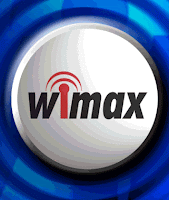
With WiMAX, WiFi-like data rates are easily supported, but the issue of interference is lessened. WiMAX operates on both licensed and non-licensed frequencies, providing a regulated environment and viable economic model for wireless carriers.
WiMAX can be used for wireless networking in much the same way as the more common WiFi protocol. WiMAX is a second-generation protocol that allows for more efficient bandwidth use, interference avoidance, and is intended to allow higher data rates over longer distances.
Source: Wimax Education

Comments
Post a Comment